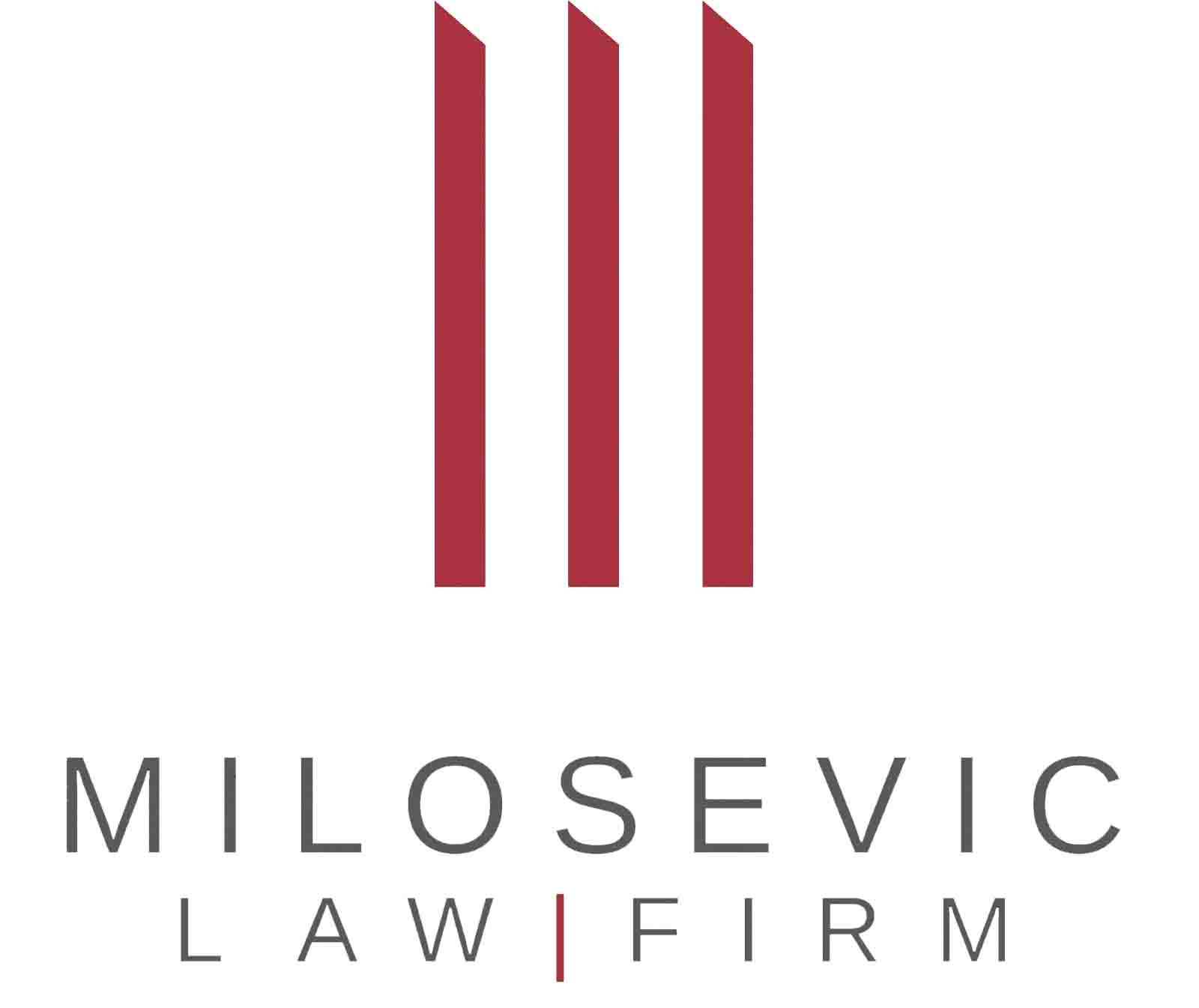The Companies Act of the Republic of Serbia (the “Act”) provides various forms of organization for business entities, with the limited liability company (the “LLC”) being one of the most common forms.
According to the Act, the transfer of shares in LLC is generally unrestricted unless otherwise is prescribed by the law or the Articles of Association.
The transfer of shares in LLC can be conducted in several ways, such as through a sale and purchase agreement, gift contract, exchange, or any other agreement that establishes an obligation to transfer shares from the current to the future shareholder.
Under the Property Tax Law, inheritance or gifts of shares in a legal entity and securities are exempt from inheritance and gift tax.
Transfer of shares in a legal entity for compensation are also not subject to tax on the transfer of absolute rights.
Depending on the parties involved in the share transfer process within LLC, the tax treatment is governed by either the Personal Income Tax Law (“PITL”) or the Corporate Income Tax Law (“CITL”).
Transfer of Shares by natural person and PITL Provisions
The transfer of rights, shares, or securities for compensation results in a capital gain or loss.
Specifically, a capital gain or loss is the difference between the sale price and the acquisition price of the share.
To determine a capital gain, it is necessary to establish the acquisition price, which is the price at which the taxpayer acquired the right, share, or security.
For example, if the taxpayer acquired the right, share, or security through a gift or inheritance, the acquisition price is deemed to be the price at which the donor or testator acquired the right, share, or security. If this price cannot be established, the market value at the time the donor or testator acquired the right, share, or security will be determined by the competent tax authority.
Under the PITL, any natural person (resident or non-resident) who transfers rights, shares, or securities located in Serbia and makes a capital gain as a result, is obligated to file a tax return to determine the capital gain or loss and, if applicable, and eventually to pay the capital gains tax.
In addition to situations requiring the payment of capital gains tax, the PITL specifically exempts certain cases from capital gains tax, such as the transfer of shares acquired by inheritance, transfers between spouses and direct bloodline relatives, and transfers of shares that have been in the taxpayer’s ownership for at least ten continuous years.
The capital gains tax rate is 15%.
The capital gains tax return must be submitted by the taxpayer within 30 days of the date when they realized or began realizing income from the transfer of real estate property rights, copyright and related rights, industrial property rights, or shares in the capital of legal entities.
Since the tax obligation arises upon realizing income from the transfer, in cases where the compensation is received in installments, the capital gain is determined proportionally for each installment.
Transfer of Shares by Legal Entities and CITL Provisions
In the event of the sale or other transfer of shares for compensation by a resident legal entity, there arises an obligation to determine the capital gain. Thus, this obligation applies not only in cases of pecuniary share transfers but also for non-pecuniary compensation (e.g., exchange for another right).
The capital gain is included in the taxpayer’s tax balance and taxed at a rate of 15%. Therefore, in the case of share transfer by a domestic legal entity, no separate tax return is submitted upon disposal, as the capital gain is included and taxed through the tax balance for the period in which the transfer occurred.
On the other hand, income earned by a non-resident legal entity in Serbia from capital gains derived from transfer of shares is subject to a 20% tax rate, unless otherwise prescribed by an agreement on a double taxation avoidance.
Tax Treatment of Share Transfer Without Compensation
Regarding the tax implications of transfers of shares without compensation from one party to another, no capital gains tax, gift tax, or tax on the transfer of absolute rights is payable.
However, in certain situations, there arises an obligation to pay earnings tax and social security contributions in the event of a transfer of shares, for example from a legal entity to an individual employed by that legal entity, or in situation of a transfer of shares when a legal entity transfers its share in another legal entity to an individual-founder who is employed in the transferring company, or is engaged based on a contract on the rights and obligations of a director.
Transfer of shares without compensation from a legal entity to an individual not employed by that legal entity, where such a transfer represents equivalent value for some work performed by that individual or compensation for their activity for the benefit of the share transferor, is considered personal income and is subject to personal income tax as other income.




